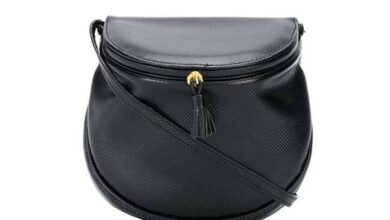How does a bear hibernate
Most forest dwellers hibernate during the winter, including bears. Bears prepare for hibernation in advance, first looking for a place for wintering (a recess in the form of a cave under the slopes of mountains or under a fallen tree) they pave with dry moss. They also prepare their body for wintering, by eating a large amount of food, to accumulate a large amount of fat. Fat helps the bear not to freeze in severe frosts, and also to stay all winter without food in a state of hibernation.
How does a bear hibernate
Bears feel the beginning of winter very noticeably, they become lethargic, but at the same time no less aggressive if danger threatens. Before hibernation, bears actively consume fish and nuts in order to accumulate enough fat, and just before going to bed, they feed on vegetation to unload the stomach.
The hibernation time usually lasts four to five months, or can be quite short a week or two. The period of hibernation depends entirely on the temperature conditions of winter (on the temperature of heat and the presence of snow), as well as on the fat gained before hibernation. Due to the insufficient amount of eaten fat, the bear feels hungry and in the middle of winter can look for food sources near its den. During this period, the bears are very aggressive and do not like uninvited guests.
During hibernation, namely in late winter, bear cubs appear in bears. They feed on their mother’s milk, being all the time on their mother’s stomach. Throughout the winter, the cubs stay in the den with their mother, and in the spring, little by little, they begin to go out with their mother to get food.
Together in the den, only a she-bear with small cubs winters, large male bears are alone in the den during hibernation.
How does a bear hibernate
The sleep of sleeping bears is very sensitive, they react quite well to extraneous sounds, and can get out of the den, protecting themselves and the territory of the den, especially if there are small cubs in it.
In countries where bears live, and there is no snow in winter, formidable predators do not hibernate at all, lead an active lifestyle.
Living bears in zoos also feel the arrival of winter and can hide in their hiding places for a couple of months. Those who care for bears in zoos or nature reserves before hibernation notice unusual lethargic behavior and weight gain in clubfoot, during this period you should not bother the bears much, their mood can be completely unpredictable.



